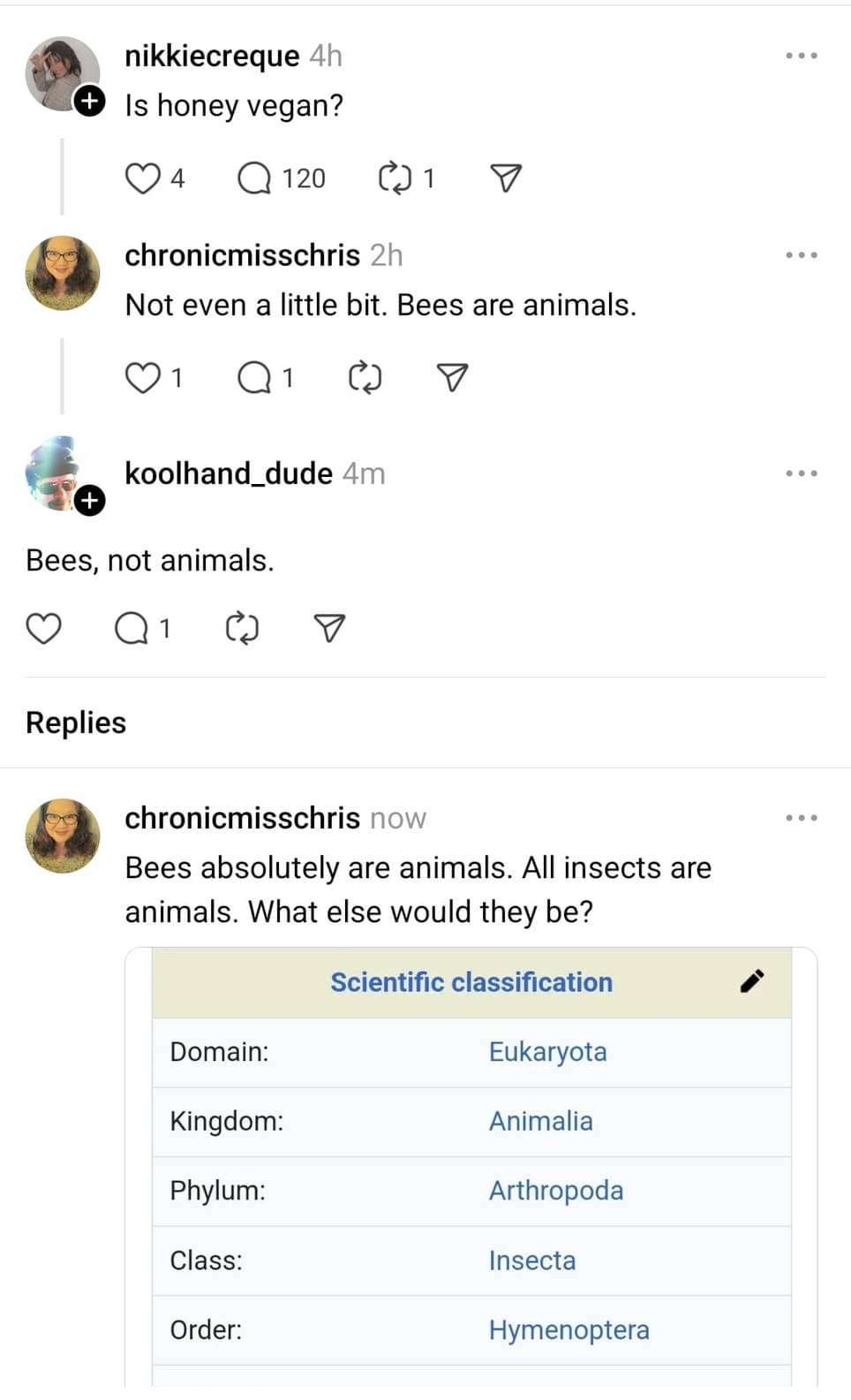this post was submitted on 19 Oct 2024
666 points (98.0% liked)
Science Memes
11516 readers
2997 users here now
Welcome to c/science_memes @ Mander.xyz!
A place for majestic STEMLORD peacocking, as well as memes about the realities of working in a lab.

Rules
- Don't throw mud. Behave like an intellectual and remember the human.
- Keep it rooted (on topic).
- No spam.
- Infographics welcome, get schooled.
This is a science community. We use the Dawkins definition of meme.
Research Committee
Other Mander Communities
Science and Research
Biology and Life Sciences
- [email protected]
- [email protected]
- [email protected]
- [email protected]
- [email protected]
- [email protected]
- [email protected]
- [email protected]
- [email protected]
- [email protected]
- [email protected]
- [email protected]
- [email protected]
- [email protected]
- [email protected]
- [email protected]
- [email protected]
- [email protected]
- [email protected]
- [email protected]
- [email protected]
- [email protected]
- [email protected]
- [email protected]
- !reptiles and [email protected]
Physical Sciences
- [email protected]
- [email protected]
- [email protected]
- [email protected]
- [email protected]
- [email protected]
- [email protected]
- [email protected]
- [email protected]
Humanities and Social Sciences
Practical and Applied Sciences
- !exercise-and [email protected]
- [email protected]
- !self [email protected]
- [email protected]
- [email protected]
- [email protected]
Memes
Miscellaneous
founded 2 years ago
MODERATORS
you are viewing a single comment's thread
view the rest of the comments
view the rest of the comments

I'm no biologist, but as for why they're bad for other pollinators, yeah, what @[email protected] said sums it up quite well.
I'd like to add that, to my understanding, they're actually relatively ineffective pollinators, too. They might do the highest quantity in total, but I'm guessing primarily because of how many honeybees there are.
I believe, the paper you linked also observes this, at least they mention in the abstract:
...but I don't understand the data. 🫠
As for why this is the case, for one, honeybees are extremely effective at collecting pollen, with their little leg pockets, which reduces the amount of pollen a flower has to offer.
But particularly when they're introduced into foreign ecosystems, pollinators that are specialized for local plants get displaced.
This may mean just a reduction of pollination effectiveness, or it could mean that the honeybees turn into "pollen thieves", i.e. they collect pollen without pollinating the plant.
Here's a paper, which unfortunately no one may read, but the abstract describes such a case quite well: https://pubmed.ncbi.nlm.nih.gov/20583711/